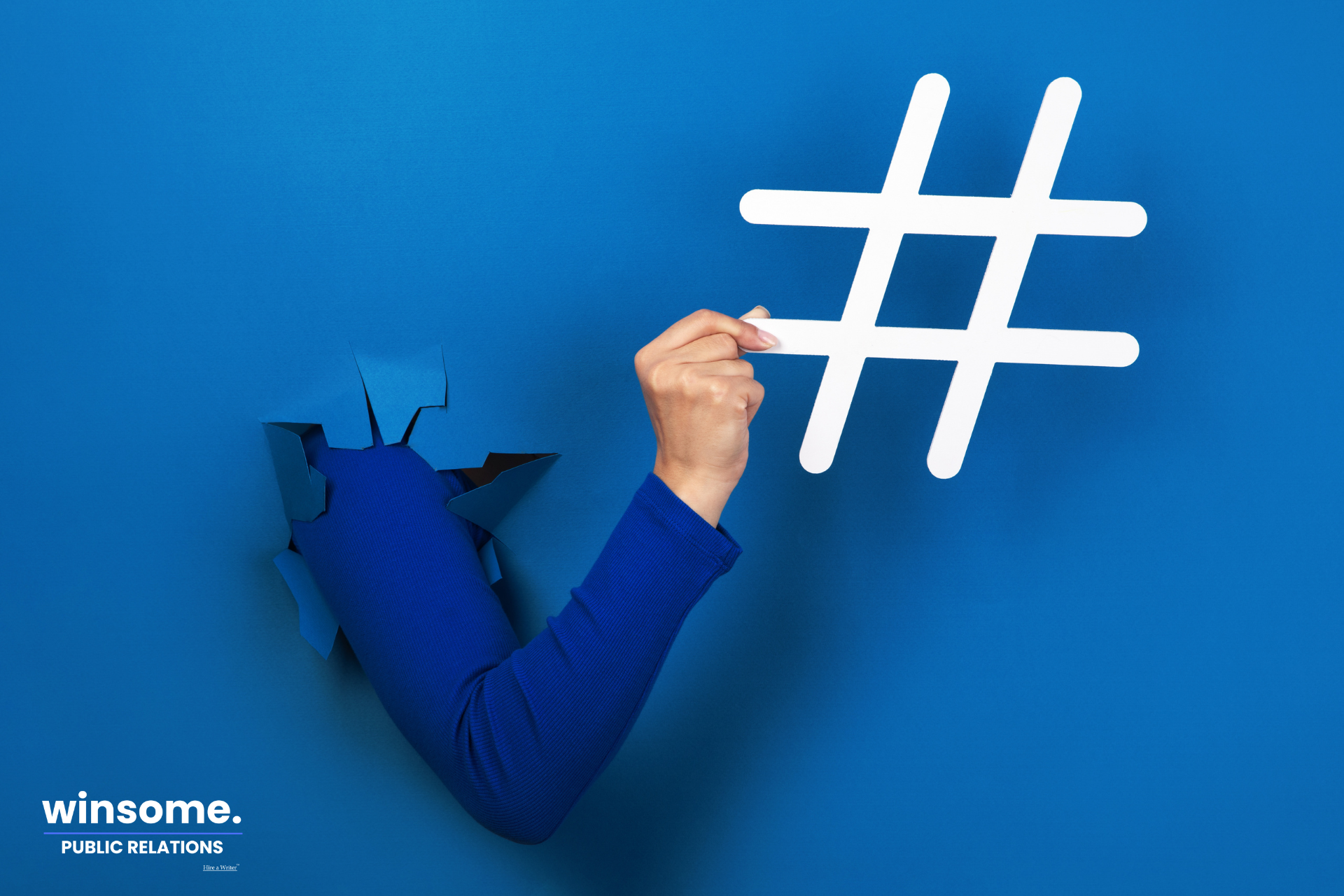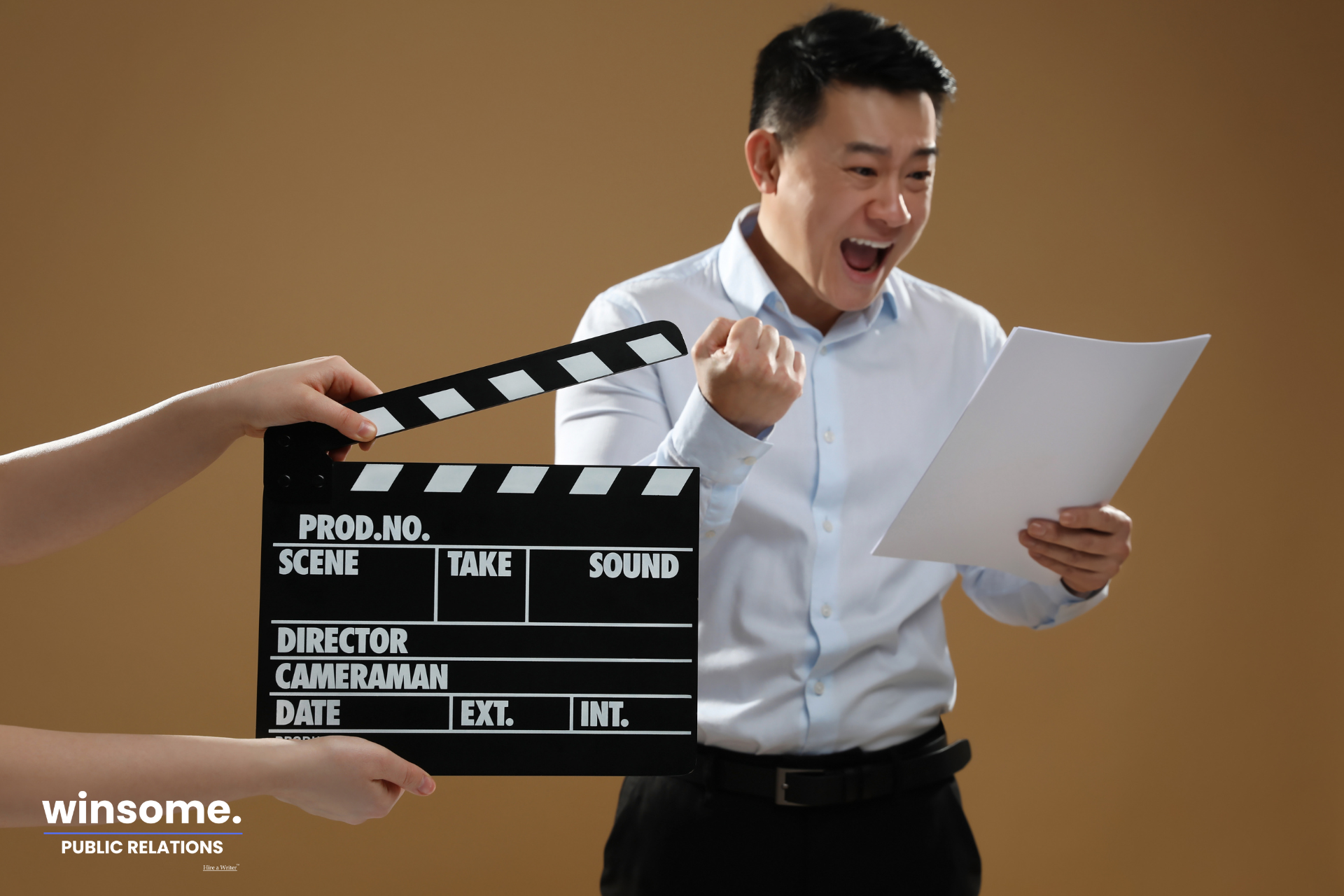The Ultimate Instagram Algorithm Guide
Last year, Instagram had approximately 2.1 billion monthly active users, and you want a piece of that sweet, sweet engagement pie. But here's the...
-1.jpg)
The Olympic Games are more than just a sporting event; they are a global phenomenon that captures the attention of billions of people worldwide. At the heart of this massive operation are the press and media rights-holders who play a crucial role in bringing the excitement, drama, and spectacle of the Games to audiences around the globe. This article delves into the intricate world of Olympic media operations, exploring the processes, challenges, and responsibilities of those tasked with sharing the Olympic story.
The International Olympic Committee (IOC) recognizes that broadcast and digital coverage are the principal means for people worldwide to experience the magic of the Olympic Games. As the owner of the global media rights for the Olympic Games, the IOC is responsible for allocating these rights to media companies throughout the world through carefully negotiated agreements.
This distribution of Olympic Games coverage has been instrumental in three key areas:
The IOC's commitment to widespread coverage is enshrined in the Olympic Charter, which states: "The IOC takes all necessary steps in order to ensure the fullest coverage by the different media and the widest possible audience in the world for the Olympic Games."
At the core of Olympic broadcasting is Olympic Broadcasting Services (OBS), established by the IOC in 2001. OBS serves as the permanent host broadcaster for the Olympic Games, eliminating the need to rebuild the broadcast operation for each edition of the Games. This organization ensures that the high standards of Olympic Games coverage are consistently maintained from one edition to the next.
OBS is responsible for providing the international television and radio signals from the Games to all Media Rights-Holders around the world. This centralized approach guarantees a uniform, high-quality broadcast product that can be customized by individual broadcasters for their specific audiences.
For journalists and photographers hoping to cover the Olympics, the journey begins long before the opening ceremony. The press accreditation process is a complex and competitive affair, managed primarily by National Olympic Committees (NOCs) in each country.
For the Paris 2024 Olympic Games, the IOC has established a quota of 6,000 "E" (press) accreditations. This limited number ensures that only professional media representatives gain access to the Games. The process typically begins about two years before the event, with key dates and deadlines set for various stages of the application and approval process.
Press accreditations fall into several categories:
Each category has specific roles and access levels within the Olympic venues, ensuring that media professionals can effectively cover their assigned areas while maintaining the integrity and security of the Games.
The Main Press Center (MPC) serves as the nerve center for accredited written and photographic press during the Olympic Games. This state-of-the-art facility provides workspace, technical support, and a range of services to help journalists file their stories and transmit their photographs to news organizations worldwide.
The MPC is typically open 24 hours a day during the Games, offering:
For many journalists, the MPC becomes a second home during the Olympics, providing a base of operations and a place to collaborate with colleagues from around the world.
One of the unique challenges of Olympic coverage is managing access to high-demand events. When media numbers exceed the seating capacity of venue media facilities — typically for events like the Opening and Closing ceremonies and certain popular competitions — these become "High Demand Events" that require special ticketing for the written and photographic press.
The IOC Media Operations team manages the allocation and distribution of tickets for these events, working through nominated delegates from the National Olympic Committees. This process ensures fair access to these premier events while managing the limited space available.
While major broadcasters secure exclusive rights to Olympic coverage in their territories, non-rights holding broadcast organizations (ENRs) also play a role in Olympic coverage. These organizations can access competition venues and the Main Press Center but operate under specific conditions outlined in the News Access Rules.
These rules are designed to protect the exclusivity of rights-holding broadcasters while still permitting fair access for ENRs to broadcast news highlights. ENRs are not allowed to take video equipment into Olympic venues and cannot film, record, or broadcast from within these venues. However, they are permitted to broadcast press conferences from the MPC without territorial restrictions.
Covering the Olympic Games presents unique challenges for journalists. The sheer scale of the event, with multiple competitions happening simultaneously across various venues, requires careful planning and often forces difficult choices about what to cover.
Moreover, as Jamil Chade's first-hand account of covering the Rio 2016 Olympics reveals, there can be tensions between the desire for transparency and the organizational imperatives of the IOC and local organizing committees. Chade describes instances where asking probing questions about contracts or financial matters led to pushback from officials.
The balance between celebrating the Olympic spirit and investigating potential issues or controversies is a delicate one that many journalists must navigate. Access can be a powerful tool, and the threat of losing that access — even temporarily — can create pressure on reporters to self-censor or avoid certain topics.
The rise of digital media has transformed Olympic coverage. While traditional broadcast and print media remain important, online platforms, social media, and streaming services have opened up new avenues for sharing the Olympic experience.
This digital shift has led to challenges in managing media rights in an era where content can be shared globally in seconds. The IOC and rights-holding broadcasters have had to adapt their strategies to protect their investments while also embracing the opportunities that digital platforms offer for engaging audiences, particularly younger viewers.
As technology continues to evolve, so too will the ways in which the Olympic Games are covered and consumed. Virtual reality, augmented reality, and artificial intelligence are likely to play increasing roles in future Olympic broadcasts, offering even more immersive and personalized viewing experiences.
However, the core mission of Olympic media coverage remains unchanged: to bring the excitement, drama, and inspiration of the world's greatest sporting event to as wide an audience as possible. Whether through traditional broadcasts, online streaming, or technologies yet to be developed, the goal is to continue Pierre de Coubertin's vision of promoting international understanding and celebrating human achievement through sport.
The role of press and media rights-holders at the Olympic Games is multifaceted and ever-evolving. From the complex accreditation process to the challenges of covering high-demand events, from navigating the politics of access to embracing new technologies, Olympic journalism is a unique and demanding field.
As we look towards future Olympic Games, including Paris 2024 and beyond, the media landscape will undoubtedly continue to change. However, the fundamental importance of a free press in sharing the Olympic story with the world remains constant. It is through the lens of journalists, the words of reporters, and the broadcasts of rights-holders that billions of people around the world come to understand and appreciate the Olympic Games and the values they represent.
In an era of rapid technological change and shifting media consumption habits, the challenge for Olympic organizers and media professionals alike will be to maintain the delicate balance between protecting the interests of rights-holders and ensuring the "fullest coverage by the different media and the widest possible audience in the world for the Olympic Games." It is through meeting this challenge that the Olympic movement can continue to inspire and unite people across the globe for generations to come.
.png)
Last year, Instagram had approximately 2.1 billion monthly active users, and you want a piece of that sweet, sweet engagement pie. But here's the...

Social media marketers are having an ongoing debate about hashtags, and there are legitimate reasons for the confusion. The number of hashtags...

Okay, so I just spent three hours doom-scrolling through comments about this AI "actor" named Tilly Norwood, and I have thoughts. Like, serious...